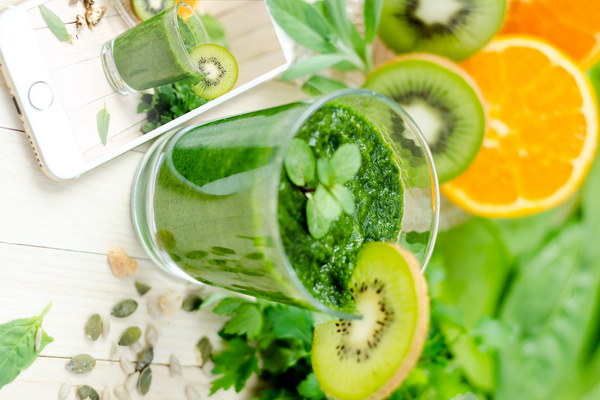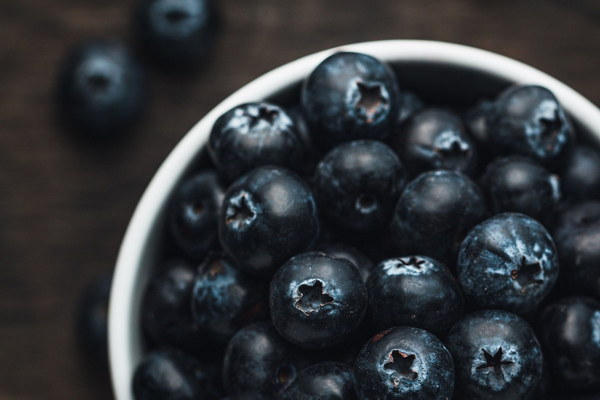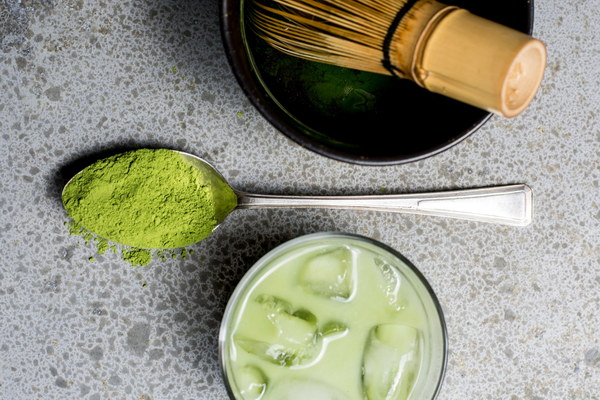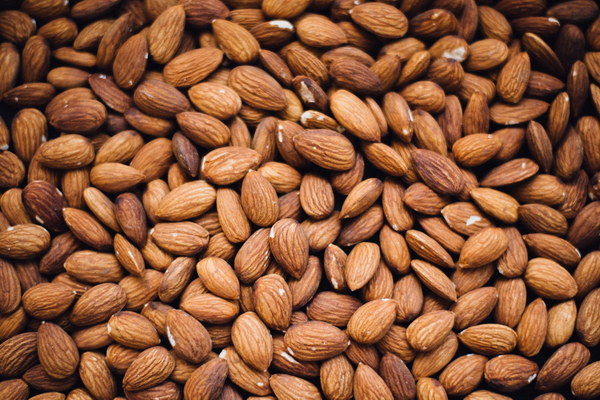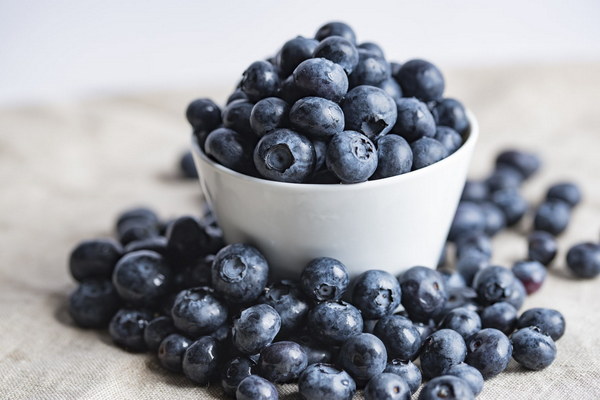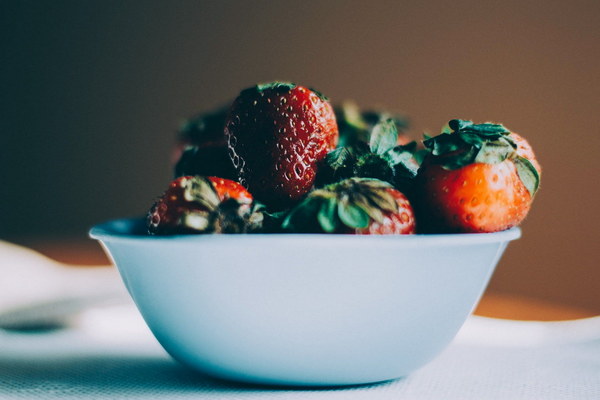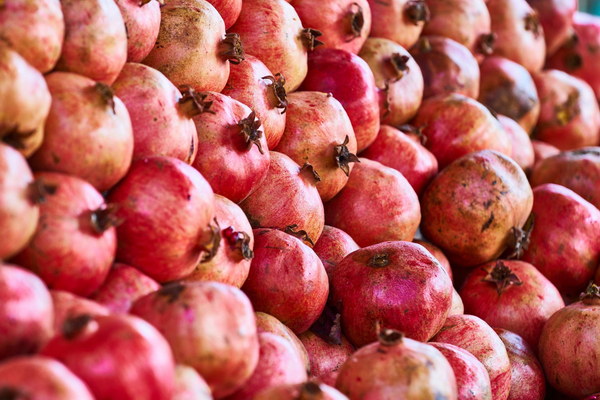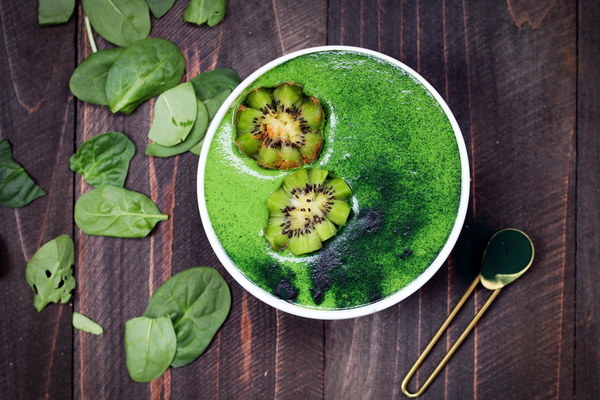Navigating the Dos and Don'ts Unveiling the Taboos of Ginger's Moisture-Expelling Methods
Ginger, a flavorful and versatile spice, has been celebrated for its numerous health benefits, including its ability to expel moisture from the body. However, as with any natural remedy, it is essential to understand the dos and don'ts to maximize its effectiveness and avoid potential side effects. In this article, we will delve into the taboos associated with ginger's moisture-expelling methods, ensuring that you can enjoy the benefits of this wonder spice safely and responsibly.
1. Avoid Excessive Consumption
While ginger is a potent herb, excessive consumption can lead to adverse effects. Overindulging in ginger can cause stomach upset, heartburn, or even internal bleeding in some cases. It is advisable to consume ginger in moderation, typically no more than one to two grams per day.
2. Be Mindful of Medications
Ginger interacts with certain medications, including blood thinners, diabetes drugs, and blood pressure medications. If you are taking any of these medications, consult with a healthcare professional before incorporating ginger into your moisture-expelling routine.
3. Avoid During Pregnancy
Pregnant women should steer clear of ginger, as it can stimulate the uterus and potentially lead to preterm labor. If you are pregnant and interested in using ginger for its moisture-expelling properties, consult with your healthcare provider first.
4. Limit Consumption for Gastrointestinal Issues
Ginger can exacerbate symptoms in individuals with gastrointestinal issues, such as acid reflux, ulcers, or irritable bowel syndrome (IBS). If you have any of these conditions, it is best to avoid ginger or consult with a healthcare professional for personalized advice.
5. Do Not Use on Open Wounds
Applying ginger topically on open wounds can cause irritation and delay the healing process. If you have an open wound, it is best to avoid using ginger until it has fully healed.
6. Be Wary of Allergic Reactions
Some individuals may be allergic to ginger, experiencing symptoms such as hives, itching, or anaphylaxis. If you have a known allergy to ginger or experience any adverse reactions, discontinue use immediately and consult with a healthcare professional.
7. Avoid During Surgery
Ginger can interfere with blood clotting and may increase the risk of bleeding during and after surgery. If you are scheduled for surgery, it is essential to stop using ginger at least two weeks before the procedure to minimize potential complications.
8. Monitor for Side Effects
While ginger is generally safe for most individuals, it may cause some side effects, such as heartburn, diarrhea, or dizziness. Monitor your body's reaction to ginger, and discontinue use if you experience any adverse effects.
9. Be Mindful of Interaction with Alcohol
Consuming ginger with alcohol can increase the risk of stomach irritation and potential bleeding. It is advisable to avoid combining ginger and alcohol to prevent any adverse effects.
10. Seek Professional Advice
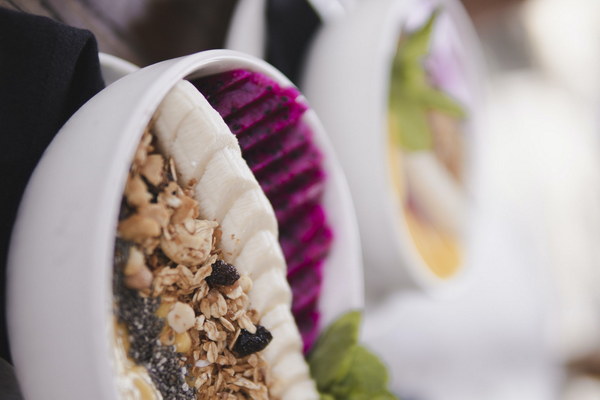
If you are unsure about incorporating ginger into your moisture-expelling routine, consult with a healthcare professional. They can provide personalized advice based on your health history, current medications, and specific needs.
In conclusion, while ginger is a powerful herb with moisture-expelling properties, it is crucial to follow the dos and don'ts to ensure your safety and maximize its benefits. By being mindful of these taboos, you can enjoy the health benefits of ginger while avoiding potential side effects. Always consult with a healthcare professional before making significant changes to your diet or lifestyle.
